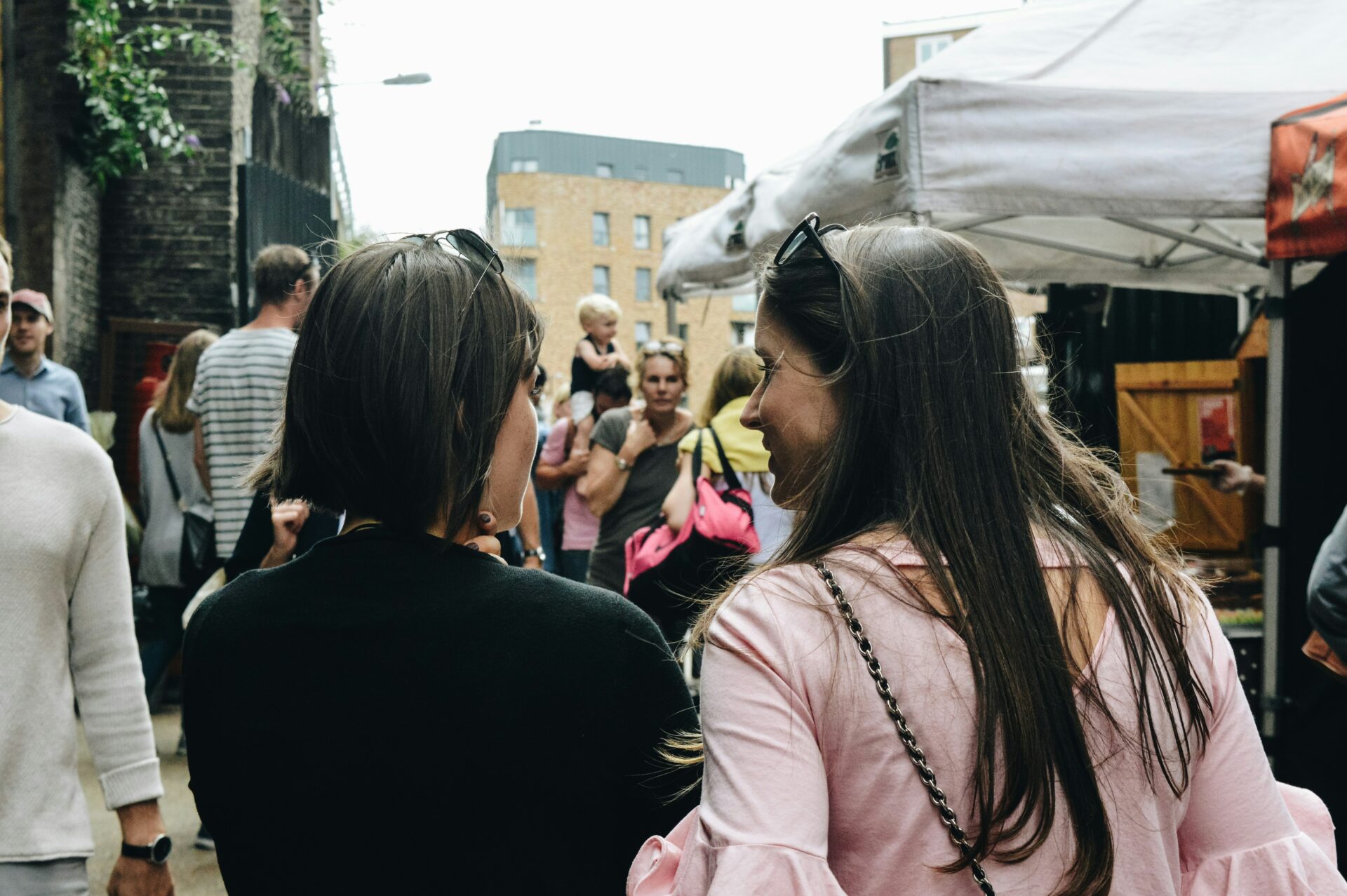Meditation: A Proven Strategy to Tackle Anxiety

Mindfulness is an exercise growing in popularity and usefulness. With mental health awareness on the rise, more people are recognizing the importance of paying attention to the mind and what it needs. More often than not, the one thing we aren’t giving it is space.
Meditation is a concept that dates back over 7000 years ago with mentions of the practice found in Indus Valley wall art from about 5000 BCE to 3,500 BCE. With an exercise as old as this, the newfound acceptance and growth of meditation most likely leaves a lot of cultures that practiced this since antiquity saying: “I told you so” and sometimes they do according to this Londo Rinzler of the Manhattan studio, MNDFL, “All of a sudden people are saying this can help you, but Buddhists have been saying, yes, we’ve known this for 2,600 years.”
Now that the trend has become increasingly secular and widespread, people will start to wonder how meditation actually helps. It is important to keep in mind that meditation does not necessarily require religious devotion or $100 classes. All that is needed is your breath and presence.
Meditation is a tool that is carefully developed within each individual. This tool can be used to combat problems with anxiety, stress, grief, intrusive thoughts, or simply provide a break in the day to appreciate and rest. The goal of basic mindfulness meditation is to allow your mind to declutter for a moment. Initially, many people believe that the goal of the exercise is to block out or to eliminate a thought; This is not the case. Success in meditation is allowing a thought to enter the mind and exit without too much of a fuss. A useful analogy compares the process to cloud watching: allowing thoughts, much like clouds, to enter and exit as they were before while acknowledging their existence and maintaining a sense of comfort with silence in the mind.
Another goal of the exercise can be to recognize the divide between your thoughts and your feelings or emotions. Many people make their way through life believing that their thoughts are a direct reflection of who they are as a person. For someone who experiences negative thoughts, or is regularly exposed to negative self-talk, this can be a terrifying concept. Inner conflict might arise between one’s morals and a negative intrusive thought that just occurred, for example. Mindfulness exercises allow the mind to take a step back and assess the thought for what it is, and that is something that should have no impact on one’s self-esteem. Unfortunately, these harsh thought processes are all-too common in a world that leaves the mind little breathing room at the end of the day.
It can be frustrating when we experience excruciating mental health issues such as depression or anxiety only to be told: “go for a walk!”, or “you should try meditation!”. While these activities can never hurt, they should not be considered a substitute for professional help. When experiencing a mental health crisis, it is recommended that you consult a professional and then apply the appropriate activities afterwards. That being said, meditation, specifically mindfulness activities are skills that one develops over time. With the skill comes the opportunity to reassess thought patterns and perspectives that are deeply rooted in our inner monologue. This can be especially crucial in managing an anxious response, something that is often born from harmful associations between our thoughts and our feelings.
Anyone wishing to try guided meditation will be pleased to hear that it has never been more accessible than it is now. A recommended application, Headspace provides the user with 30 free sessions that outline the basics of mindfulness. This is an excellent resource for beginners looking to dip their toes in the water. If it’s calm and balanced that you’re looking for, Zenbev is an incredibly useful tool for your search. The combination of a mindful and rested brain can lead to some extremely positive outlooks and lifestyle choices.


